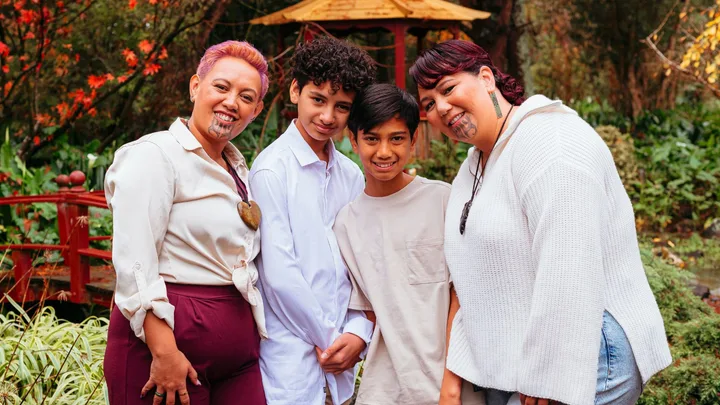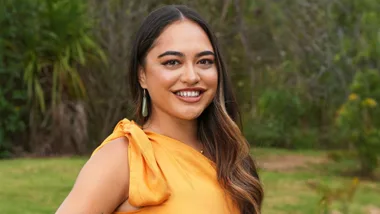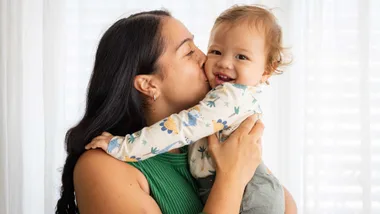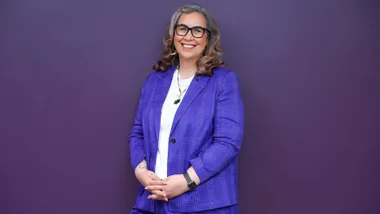Just four years ago, life was very different for Raiha and Pērina Mānihera. The Kaikohe-based sisters-in-law and their wider whānau were struggling to survive, grappling with the effects of poverty, homelessness, drug and alcohol addiction, domestic violence and sexual abuse.
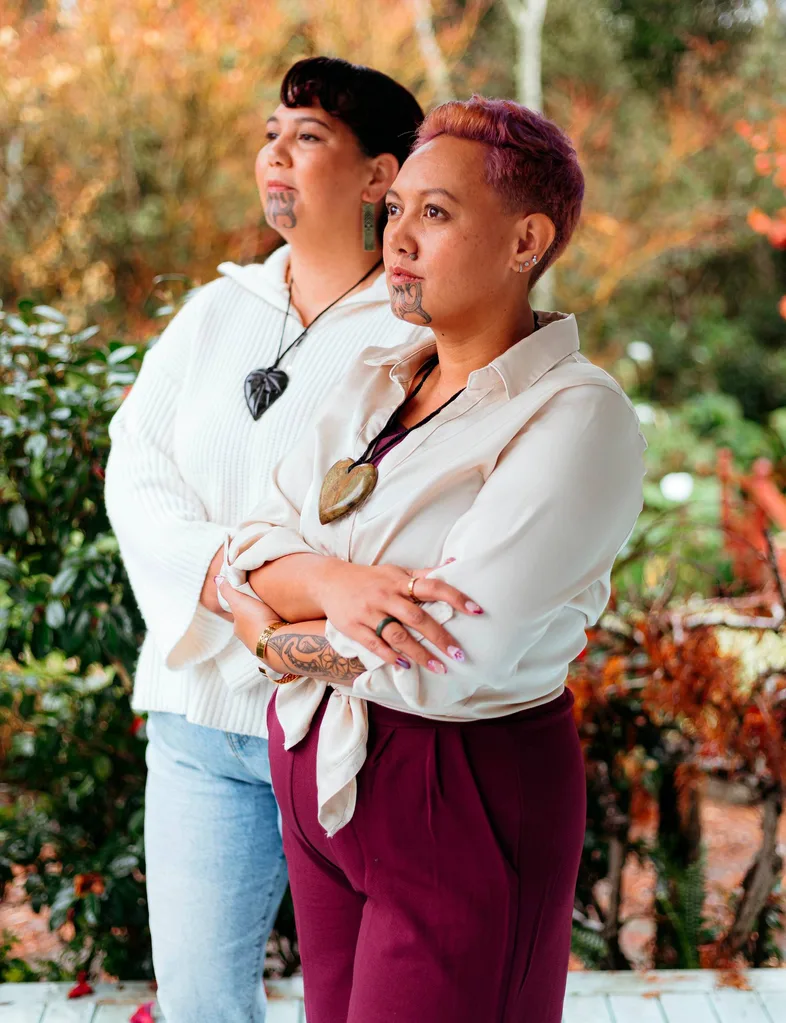
From struggle to strength
Yet fast-forward to 2025 and the two wāhine happily and confidently pose for Woman’s Day photos, speaking in te reo to each other as they hug their sons, Mānuera, 13, and Karahina, 12.
The two say their dramatic turnaround is only possibly because of a reawakened connection to te ao Māori (the Māori world), their tūpuna (ancestors) and mātauranga Māori (ancestral knowledge).
This connection sees the 16-strong Mānihera whānau living together in a house in Te Tai Tokerau (Northland), speaking Māori as their first language and making decisions collectively, the way their ancestors once did.
A journey worth sharing
The family’s remarkable journey is the focus of a new Whakaata Māori reality TV series Hīkina Te Mānuka.
“When we started, our focus was healing,” explains mum of three Raiha, 36.
“We want to break toxic cycles in our whānau – we don’t want alcoholism, drug abuse, addictions or abuse of any kind.
“When you learn te reo Māori, you also learn about mātauranga. By learning the kupu [words], the language has connected us to the land and our stories.”
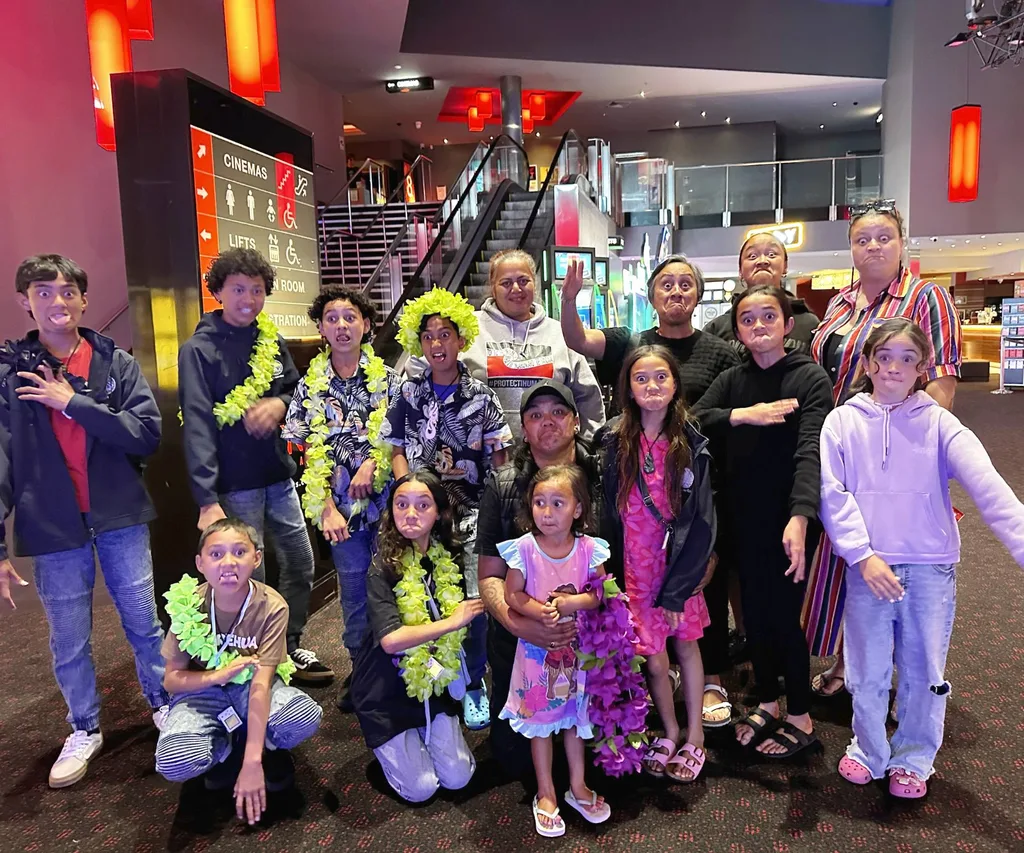
A lockdown turning point
This journey to “remembering” began during the COVID lockdown of 2021. While the family had tried to break cycles in the past, they had never been successful.
“In 2016, after Dad died, we had a discussion as whānau to stop living the way we were,” explains mum of five Pērina, 37.
“But every year remained the same. We were stressed out, living alone, dealing with all the bills and just stuck.” Yet when Raiha’s sister Jasmine decided to study te reo at university in 2020, a shift towards reconnecting with their cultural identity began.
Facing homelessness together
While the whānau had never thought about living together, Raiha, her kids, her brother Hāne and his children were on the brink of homelessness. With Pērina and her five children also looking for a home, the family decided to come together to “figure out a solution”.
Raiha tells, “Our tuākana [big sister] had this crazy idea that we all live together as a collective to stop the homelessness. It meant we would have less rent and power to pay. She also proposed that we combine everything, including our money and our businesses. We only take what we need.”
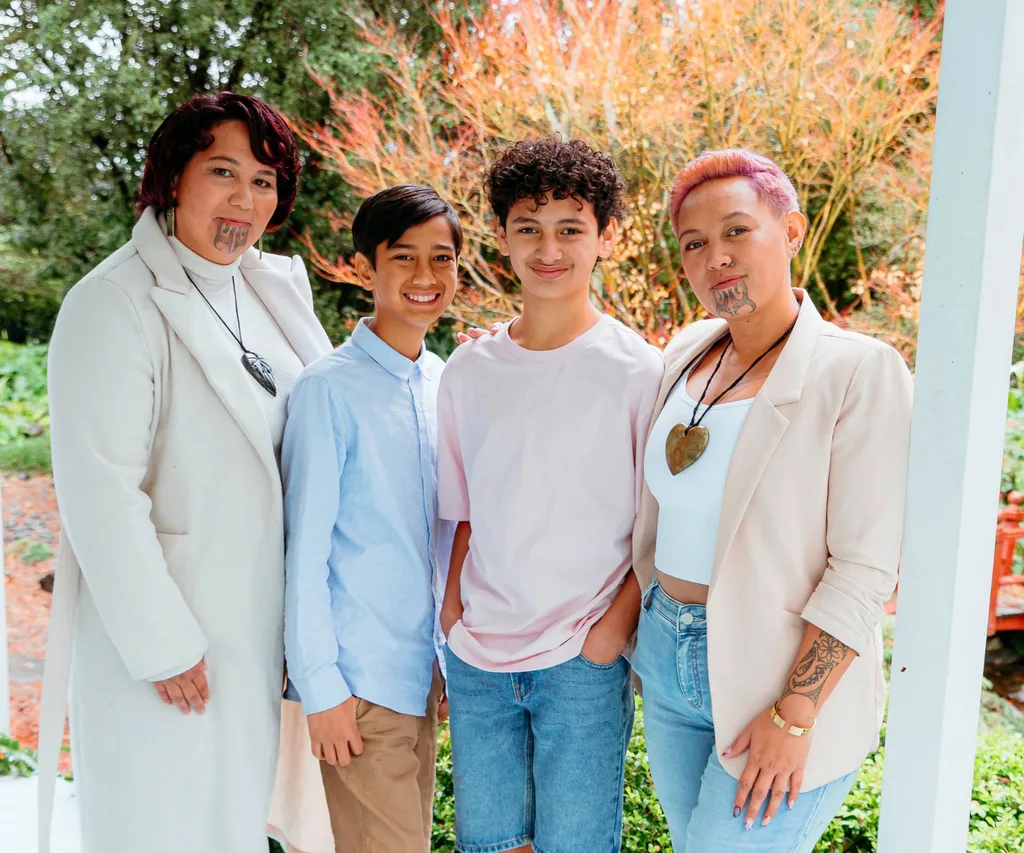
A whānau system that works
The system works well – those in the whānau who earn more money contribute financially, while others are responsible for co-parenting tamariki (children) and mokopuna (grandchildren). This has also given the sisters-in-law the freedom to explore their own passions. Raiha was able to complete a yoga teacher-training course in Auckland, while Pērina was able to spend nine months living in Ahipara with a cousin in 2022.
Pērina explains, “I couldn’t find healing at home, so I made the conscious decision to leave. Thanks to the support and aroha my wha¯nau gave me, I knew my tamariki would be safe and nurtured. At that moment, I couldn’t give them that myself.”
Mending a fractured relationship
Her goal was to resolve the toxic behaviour she showed towards her family, especially Raiha. Pērina admits that ever since they were teens and she started dating Raiha’s brother, she felt jealous and competitive.
“I was always trying to copy what others did,” she confesses.
“Raiha did a business management course, so I did one. Then another sibling taught at kura [school], so I tried to do that, but nothing really came naturally.”
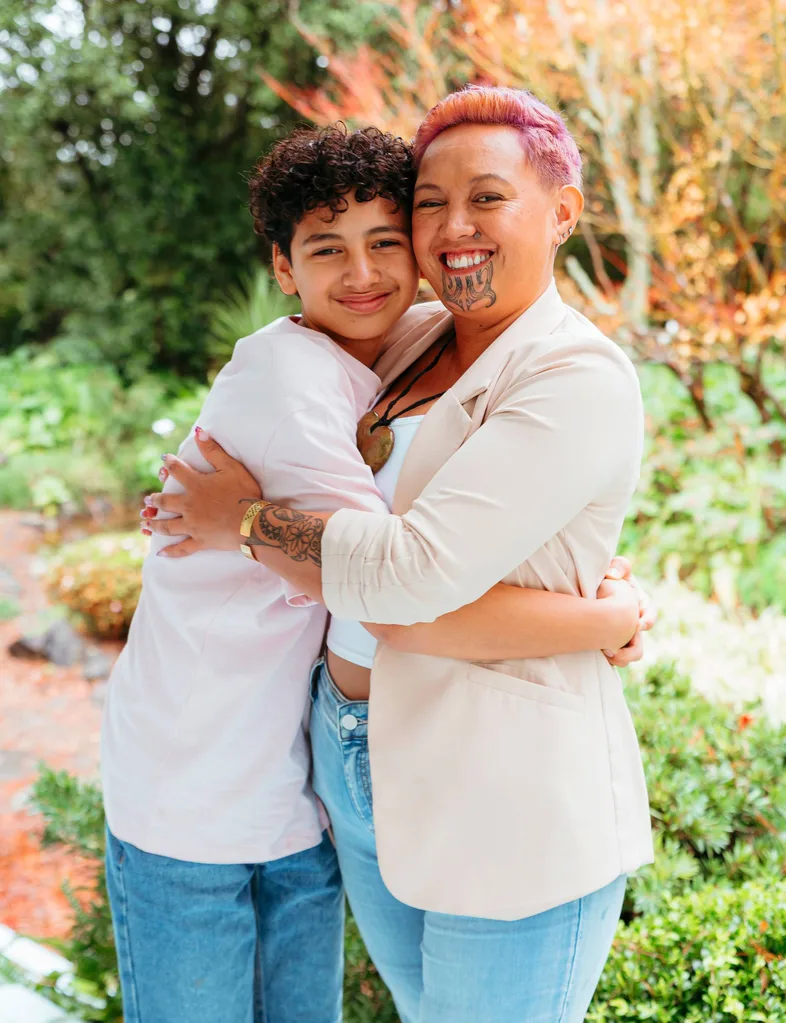
Healing through connection
The time in Ahipara gave Pērina space to discover her personal relationship with te ao Māori, igniting a passion for mahi rongoā (healing work) and daily karakia (prayer).
“Karakia helps me show my gratitude for a person, for kai and for our tūpuna, who have given me life and purpose,” explains Pērina.
“Also for te taiao [the environment] – without that, we wouldn’t be here.”
Similarly, Raiha has found that learning traditional pūrākau (stories) and whakataukī (proverbs) has positively changed her whānau relationships.
She says, “There is one whakataukī I use all the time: Ehara taku toa i te toa takitahi, engari he toa takitini. It means, ‘If you succeed, I succeed.’ This makes me realise other members of my whānau have skills I don’t have. I used to think that made me lesser, but now I understand myself from a te ao Māori perspective.”
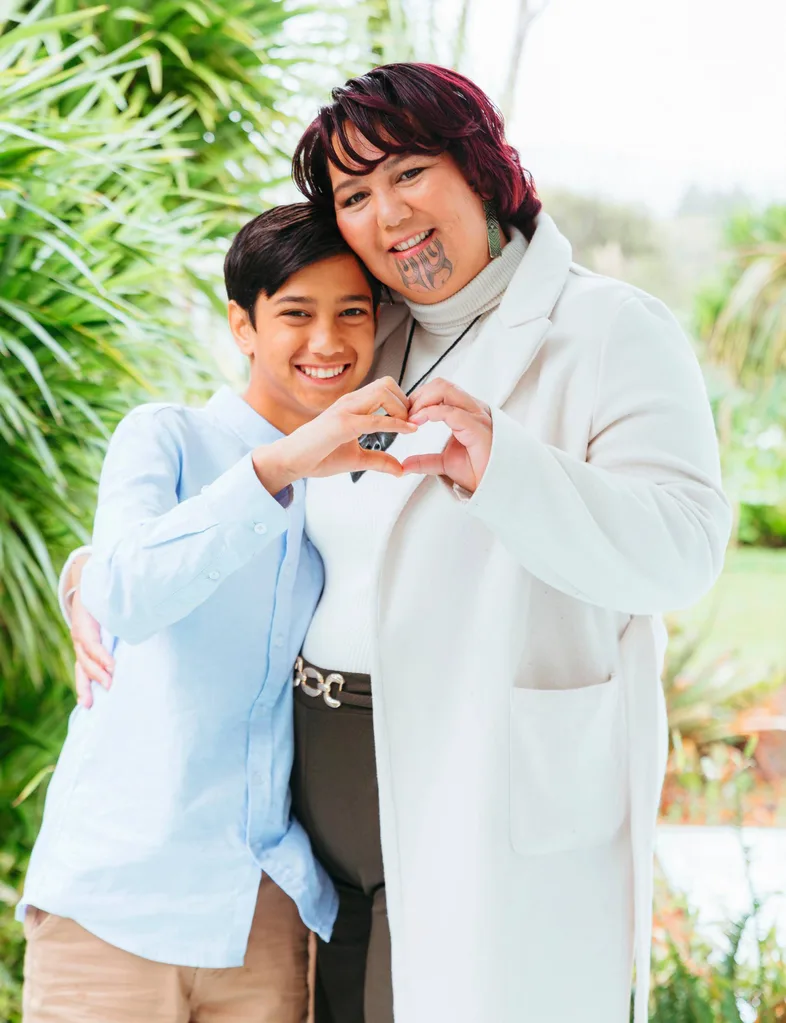
Facing the camera with courage
While both Raiha and Pērina were initially nervous about being on screen, both hope that sharing their story will inspire other wāhine to embrace te ao Māori.
“This journey has taught me that you can do really hard things and that you never forget who you truly are,” Raiha enthuses.
“You are not what happened to you. You are not the behaviours that were caused by what happened to you. You know who you are and, through your language, you can find yourself again.”
Hīkina Te Mānuka screens 8.30pm Sundays & Wednesdays on Whakaata Māori, and streams on Māori+.
